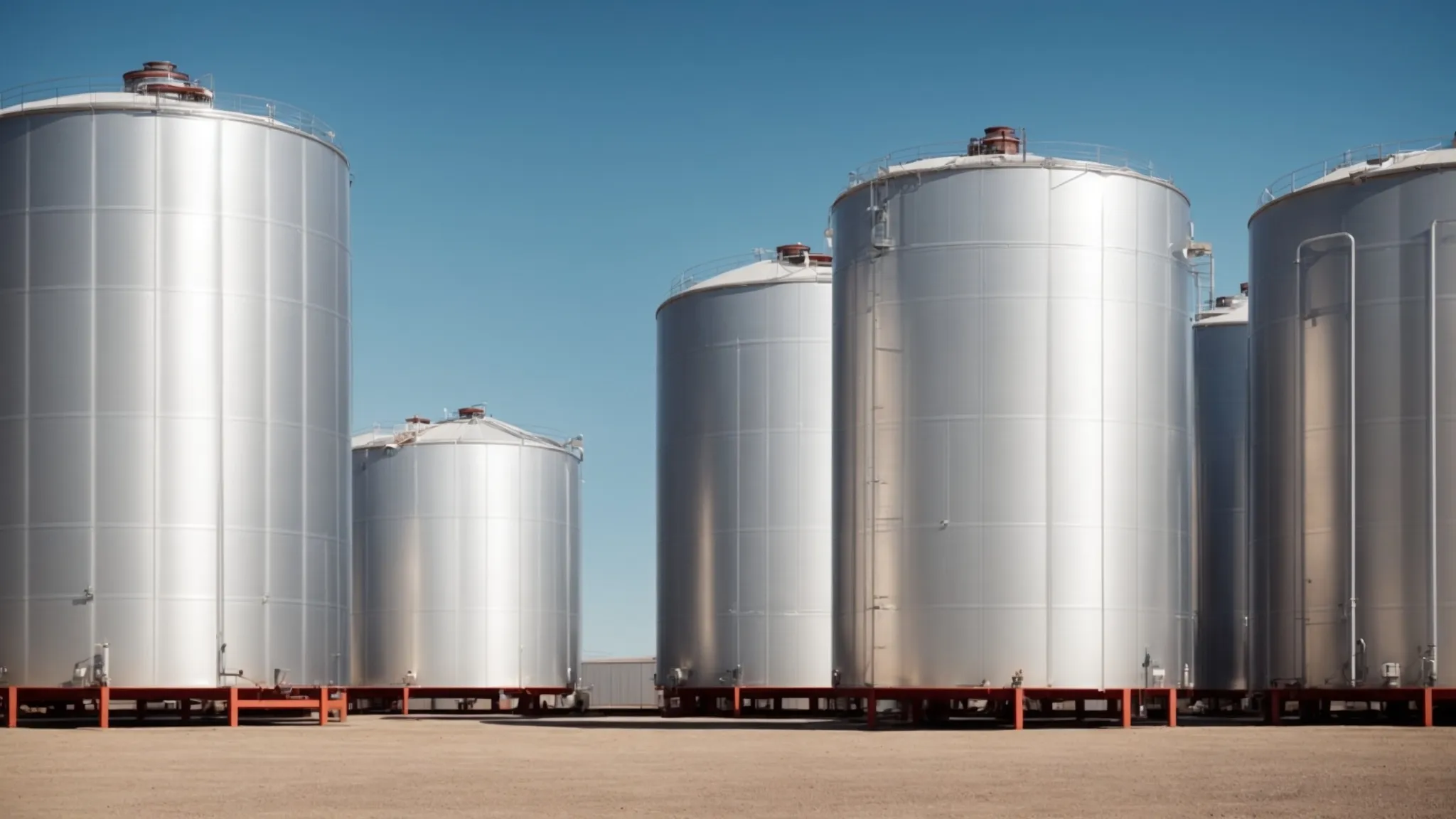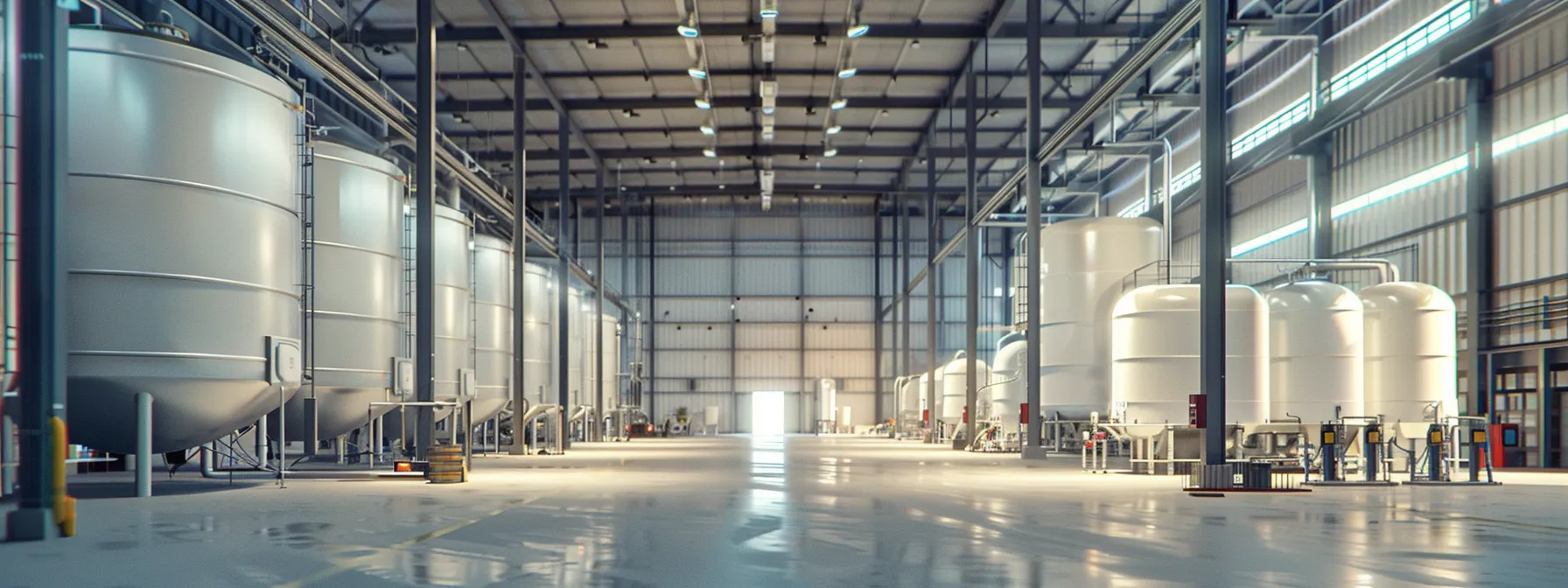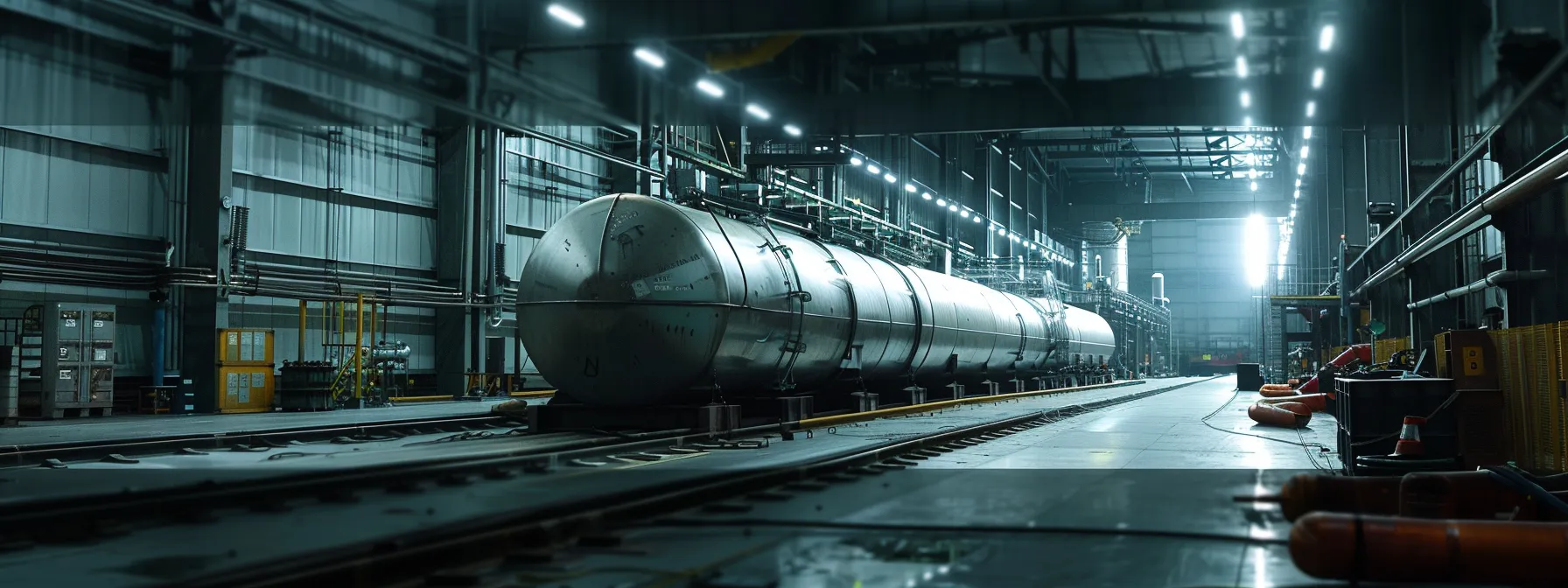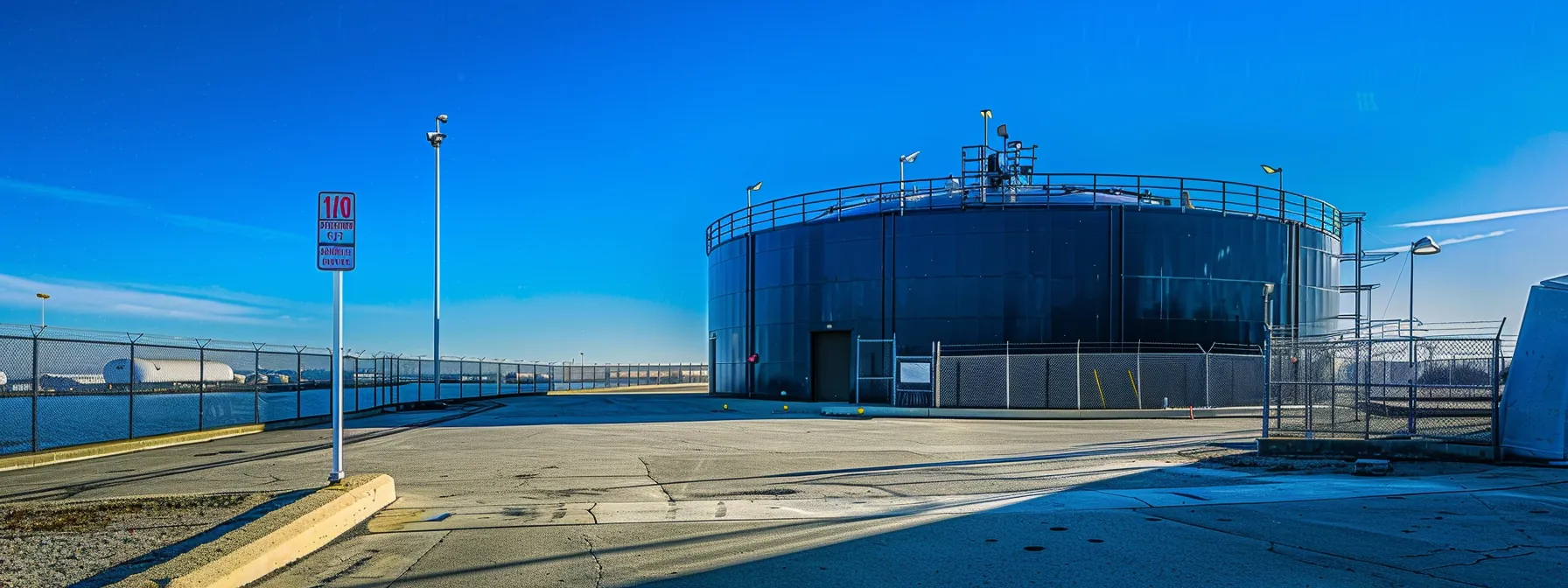
Maximizing Efficiency: How to Choose the Right Bulk Fuel Storage Tank for Your Operations
When managing a business that relies on a steady fuel supply, the efficiency and reliability of your fuel storage system are paramount. Choosing the right bulk fuel storage tank is a critical decision that can greatly affect your operational efficiency, safety, and bottom line. With advancements in storage technology and a variety of options available, selecting the ideal tank for your needs requires careful consideration of several factors. Below, we delve into the key aspects of choosing an appropriate fuel storage solution for your operations.
Understanding Different Types of Bulk Fuel Storage Tanks

The selection of bulk fuel storage tanks is broad, ranging from above-ground tanks to underground tanks, and includes a variety of materials such as steel, fiberglass, and polyethylene. Above-ground tanks are often favored for their ease of maintenance and lower initial costs, while underground tanks save space and are less prone to temperature fluctuations. The material used can also impact the longevity of the tank and the kind of fuel it can safely store.
It’s important to understand the specific benefits and limitations of each type. For instance, steel tanks are known for their durability and strength, making them suitable for a wide range of industrial applications. Fiberglass tanks, on the other hand, resist corrosion from fuel and environmental factors, which can extend their service life and reduce long-term costs.
For businesses managing large amounts of fuel, bulk fuel storage tanks are indispensable for ensuring a reliable supply. It’s essential to align the features of the tank with the needs of your operation to ensure smooth and efficient fuel management.
The Role of Capacity and Scalability in Fuel Storage Efficiency

Capacity is a decisive factor in maintaining operational efficiency. A tank that’s too small can lead to frequent refills, disrupting workflows and potentially halting operations. On the other hand, a tank that’s too large for your average use can result in unnecessary costs and complicate fuel rotation, potentially affecting fuel quality.
Scalability is equally important, as it allows your fuel storage system to adapt to changing demands. Modular systems or tanks that allow for easy expansion can be beneficial for growing businesses. This ensures that your fuel storage can keep pace with your needs without requiring a complete system overhaul.
In calculating the appropriate capacity, take into account not just your day-to-day needs but also any seasonal fluctuations or peak periods that might increase fuel consumption. Moreover, consider any planned business expansions or increases in fleet size that could impact your future fuel storage requirements.
Safety and Compliance: Staying Within Regulations for Fuel Storage

Safety should never be compromised when it comes to storing large quantities of fuel. Tanks must adhere to stringent safety standards to protect personnel, the environment, and your investment. Compliance with local, state, and federal regulations is not only mandatory but also ensures the welfare of all stakeholders.
New storage tanks generally come with built-in safety features like spill containment systems and leak detectors. Regular inspections and adherence to proper maintenance schedules further safeguard against accidents. Ensuring your tank is outfitted with the latest safety technology can save you from costly leaks and associated environmental fines.
Regulations can vary greatly depending on the location and the type of fuel being stored. It’s essential to thoroughly understand these requirements and how they impact the design, placement, and operation of your storage tanks. Consulting with industry experts and local authorities can help ensure full compliance.
Maintenance and Longevity: Selecting Tanks for Sustainable Operations
The longevity of a fuel storage tank is a function of quality and maintenance. High-quality materials and construction will often yield a longer-lasting tank, but regular maintenance is equally important in extending the life of your investment. A well-maintained tank can operate safely and efficiently for many years, contributing to the sustainability of your operations.
Maintenance activities include regular inspections for signs of wear, corrosion, and leaks. Tanks should also be cleaned and treated as necessary to prevent the buildup of sediments or the growth of microorganisms that can deteriorate fuel quality. Scheduling routine maintenance can prevent small issues from escalating into costly repairs or replacements.
Altogether, the right bulk fuel storage tank can make a significant difference in the efficiency, safety, and cost-effectiveness of your operations. By considering the types of tanks available, assessing your business needs, ensuring compliance with regulations, and planning for easy maintenance, you can select a storage solution that not only meets your current requirements but also supports your business’s future growth.















